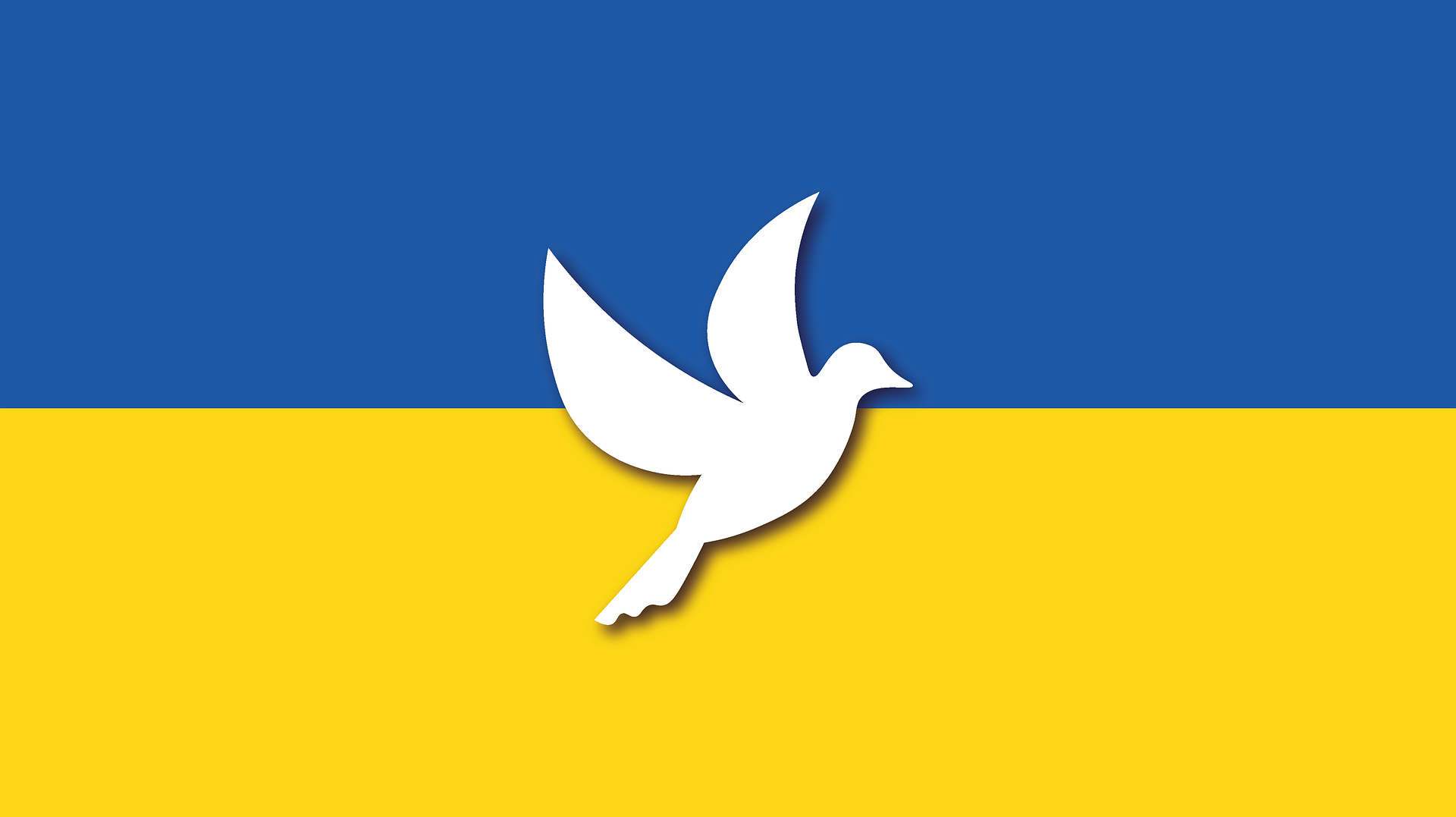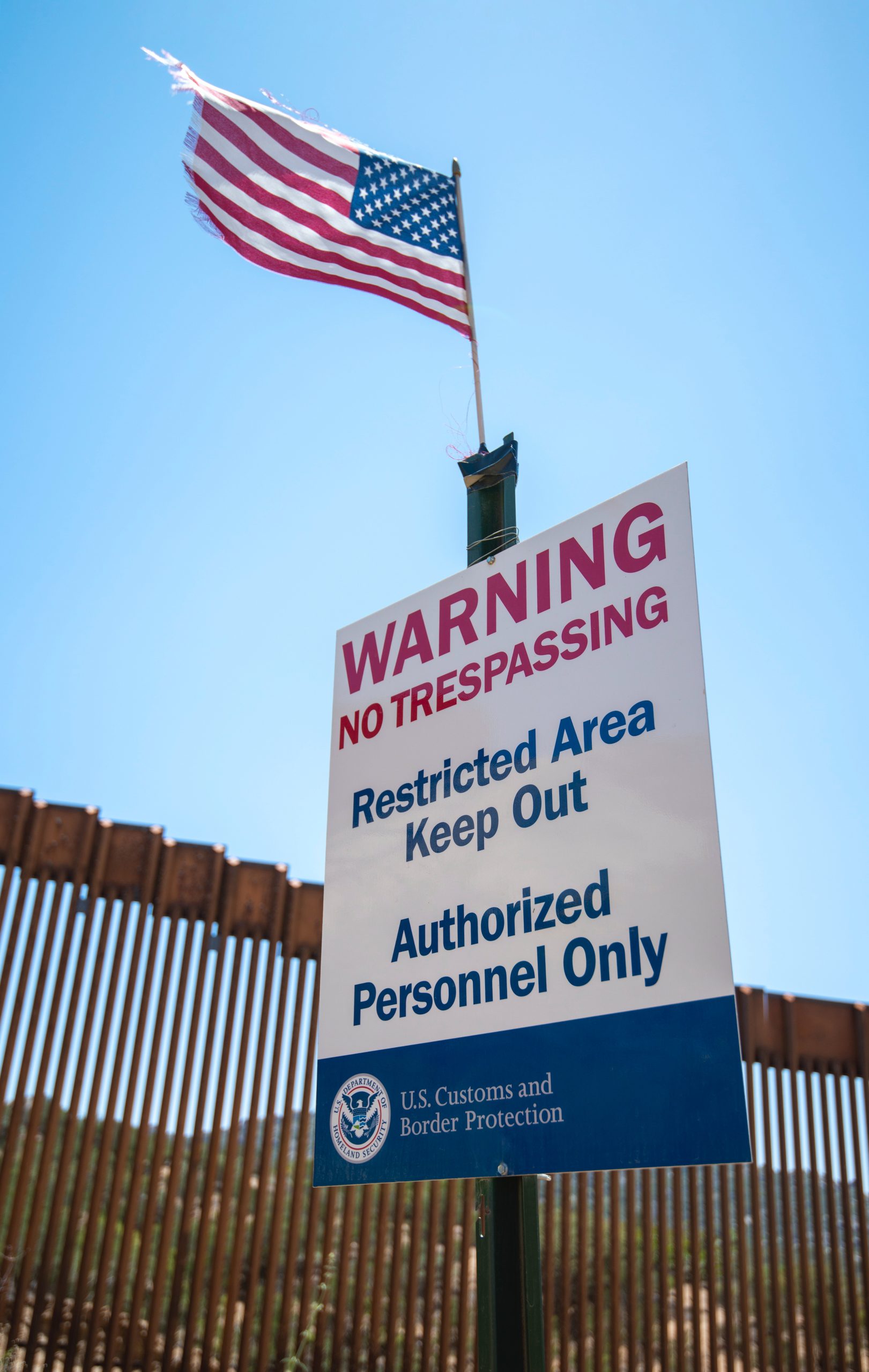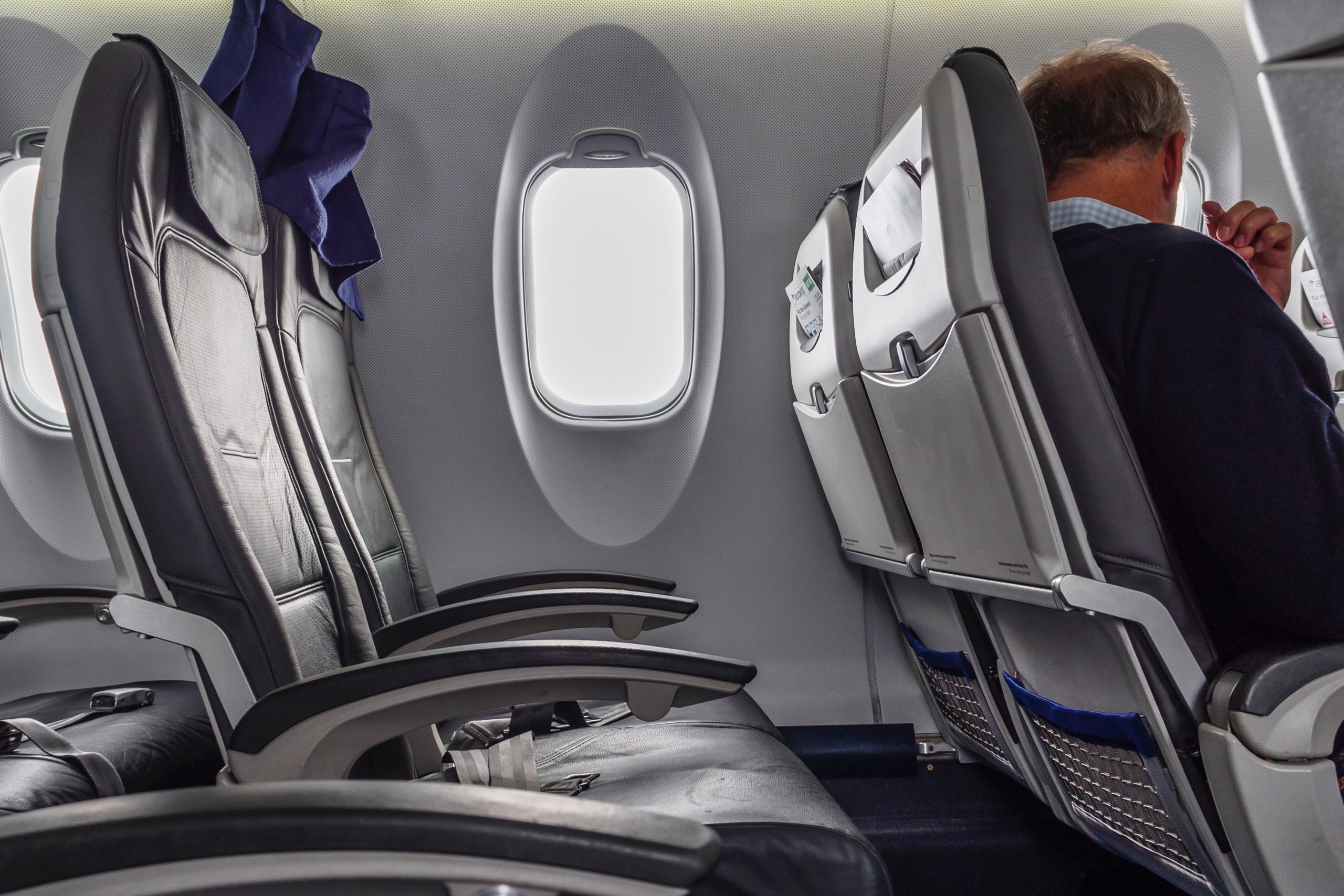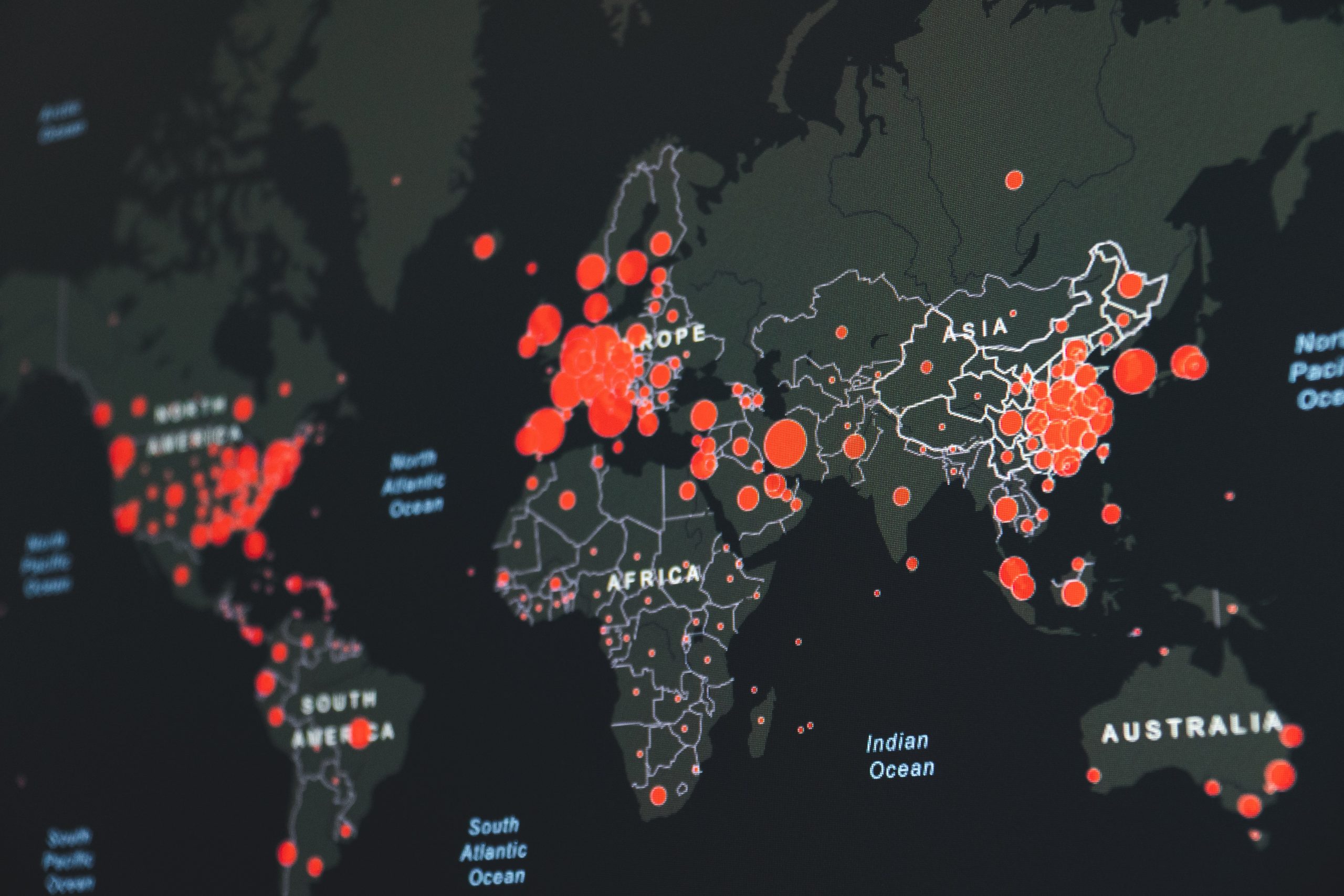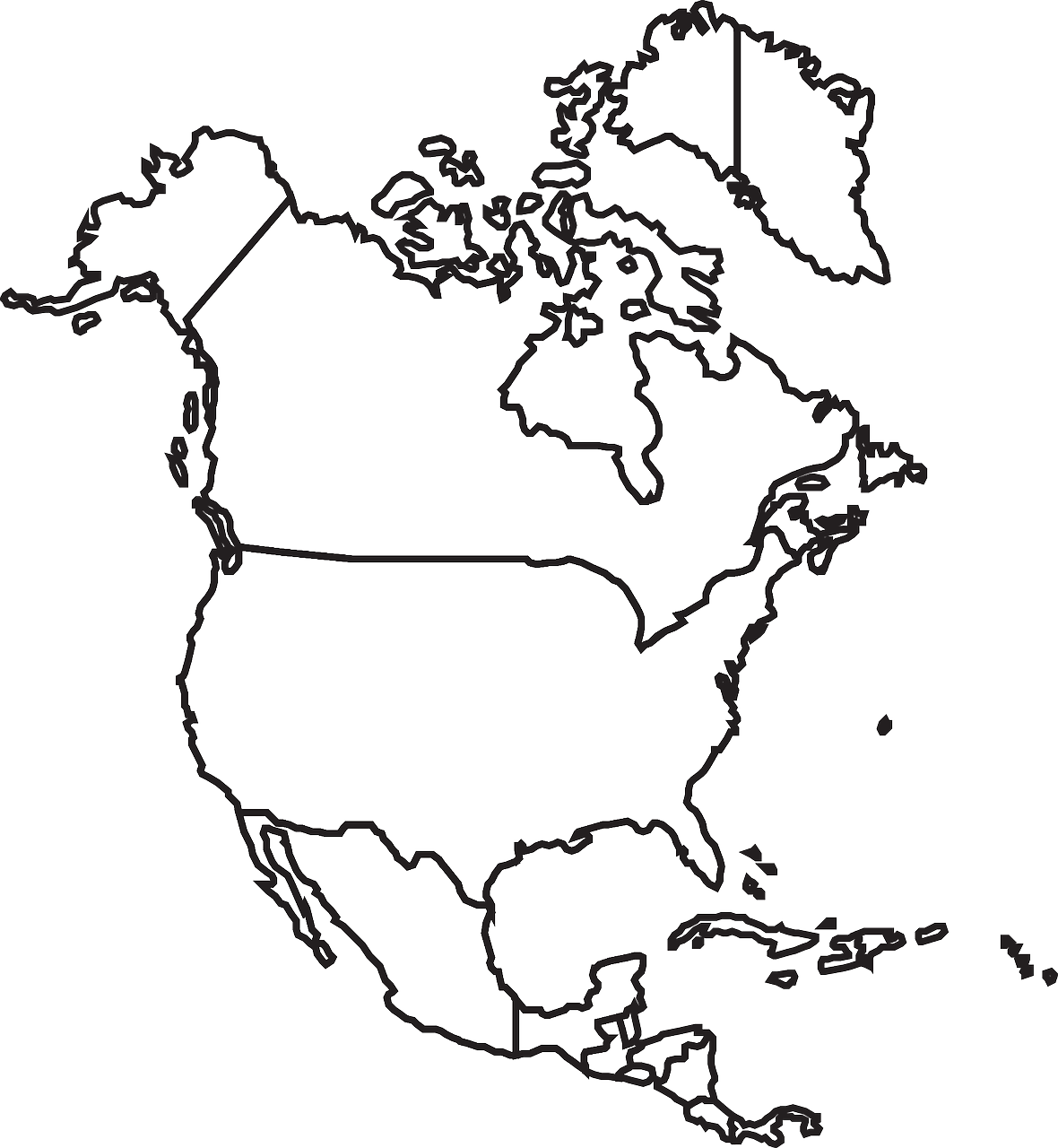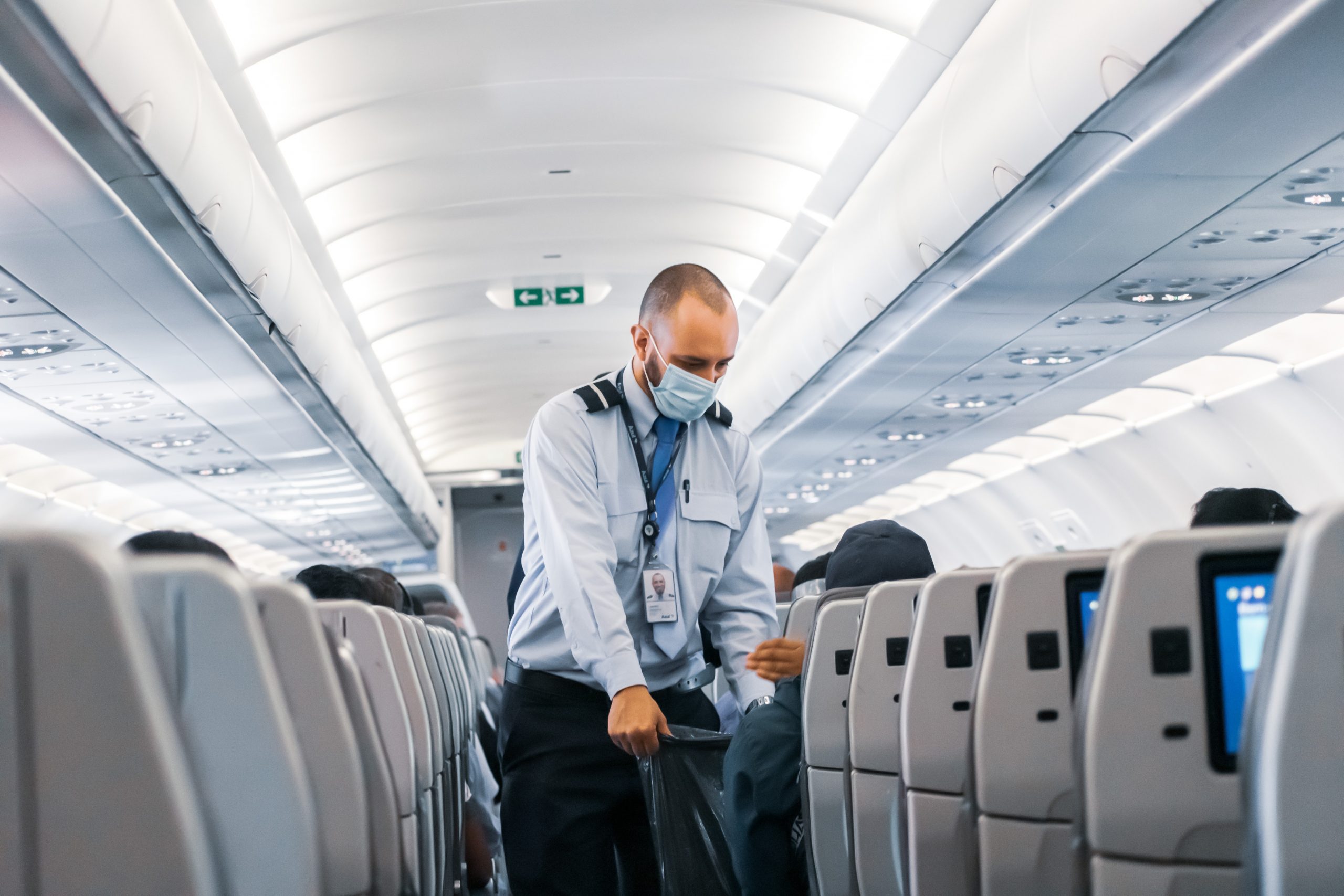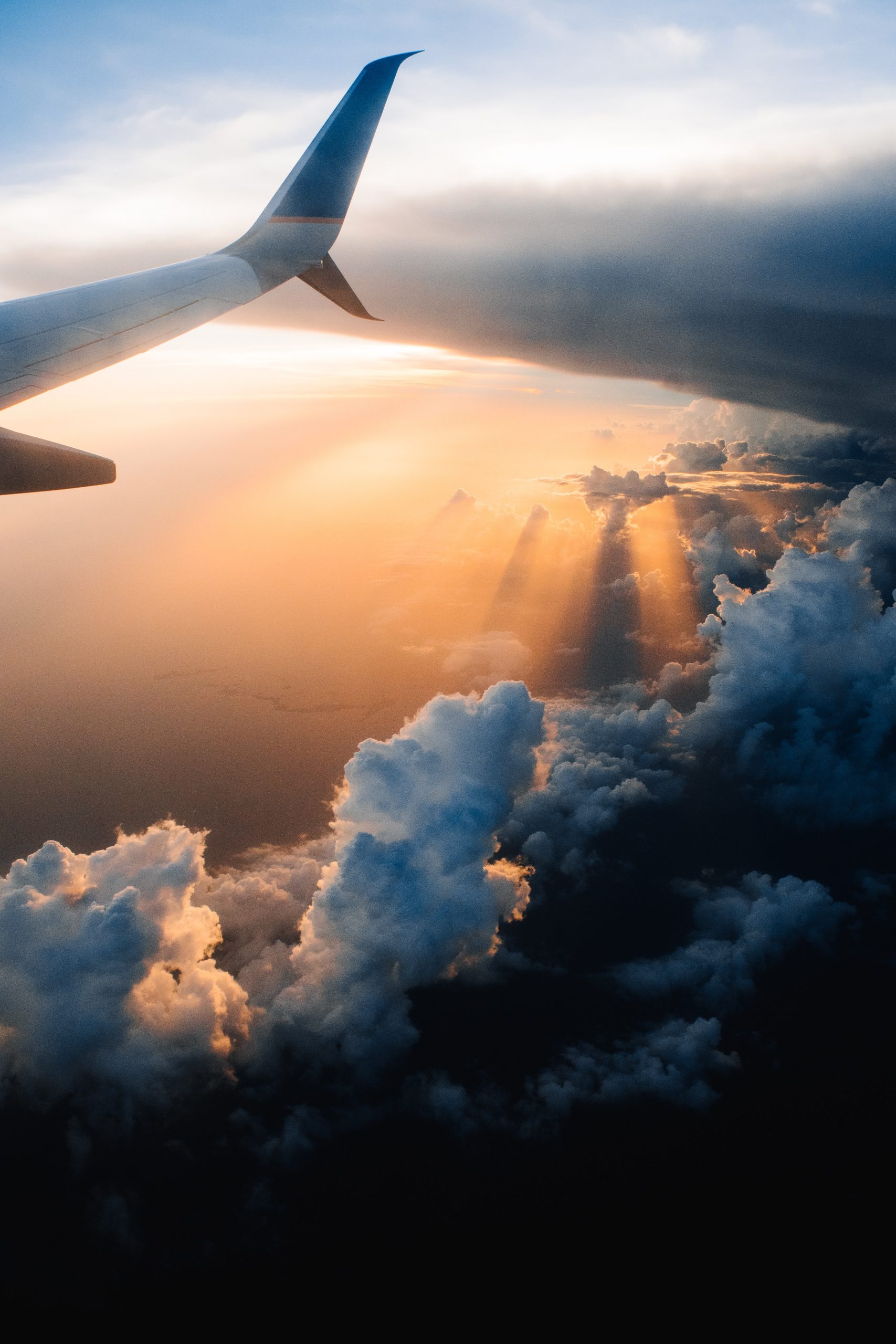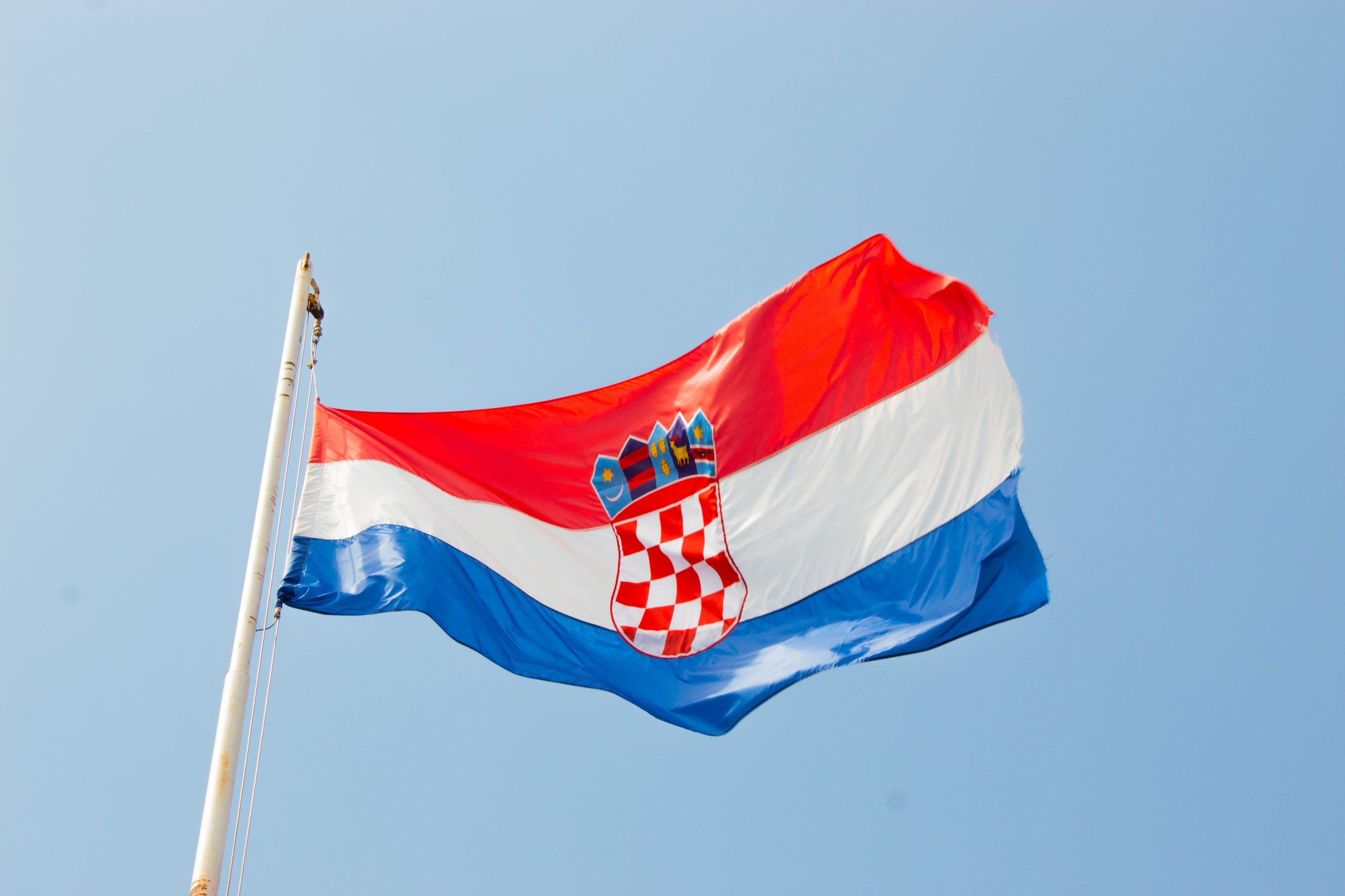We have some breaking news for Ukrainian nationals. In a swift and unprecedented move, the Department of Homeland Security, today announced the designation of Ukraine to receive Temporary Protected Status (TPS) for an 18-month period.
What is Temporary Protected Status?
Established by the U.S. Congress in 1990, temporary protected status (TPS) is a program that allows migrants whose home countries are considered unsafe, the right to live and work in the United States for a temporary, but extendable, period of time. Though they are not considered lawful permanent residents (green card holders) or U.S. citizens, they are authorized to live in the United States without fear of deportation under temporary protected status. Applicants may also apply for employment authorization by filing Form I-765 Application for Employment Authorization with USCIS along with their application for TPS.
A country may be designated for TPS when conditions in the country fall into one or more of the three statutory bases for designation: ongoing armed conflict, environmental disasters, or extraordinary and temporary conditions.
Ukraine’s designation is based on both ongoing armed conflict and extraordinary and temporary conditions in Ukraine that prevent Ukrainian nationals, and those of no nationality who last habitually resided in Ukraine, from returning to Ukraine safely.
Who can apply?
Individuals eligible for TPS under this designation must have continuously resided in the United States since Tuesday, March 1, 2022. Eligible applicants must be a national of Ukraine or a person without nationality who last habitually resided in Ukraine.
Any Ukrainian nationals who attempt to travel to the United States after Tuesday, March 1, 2022, will not be eligible for Temporary Protected Status.
Ukraine’s 18-month designation will go into effect on the publication date of the forthcoming Federal Register notice. The Federal Register notice will provide instructions for applying for Temporary Protected Status, and an Employment Authorization Document (EAD).
 Visa Lawyer Blog
Visa Lawyer Blog


